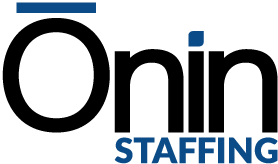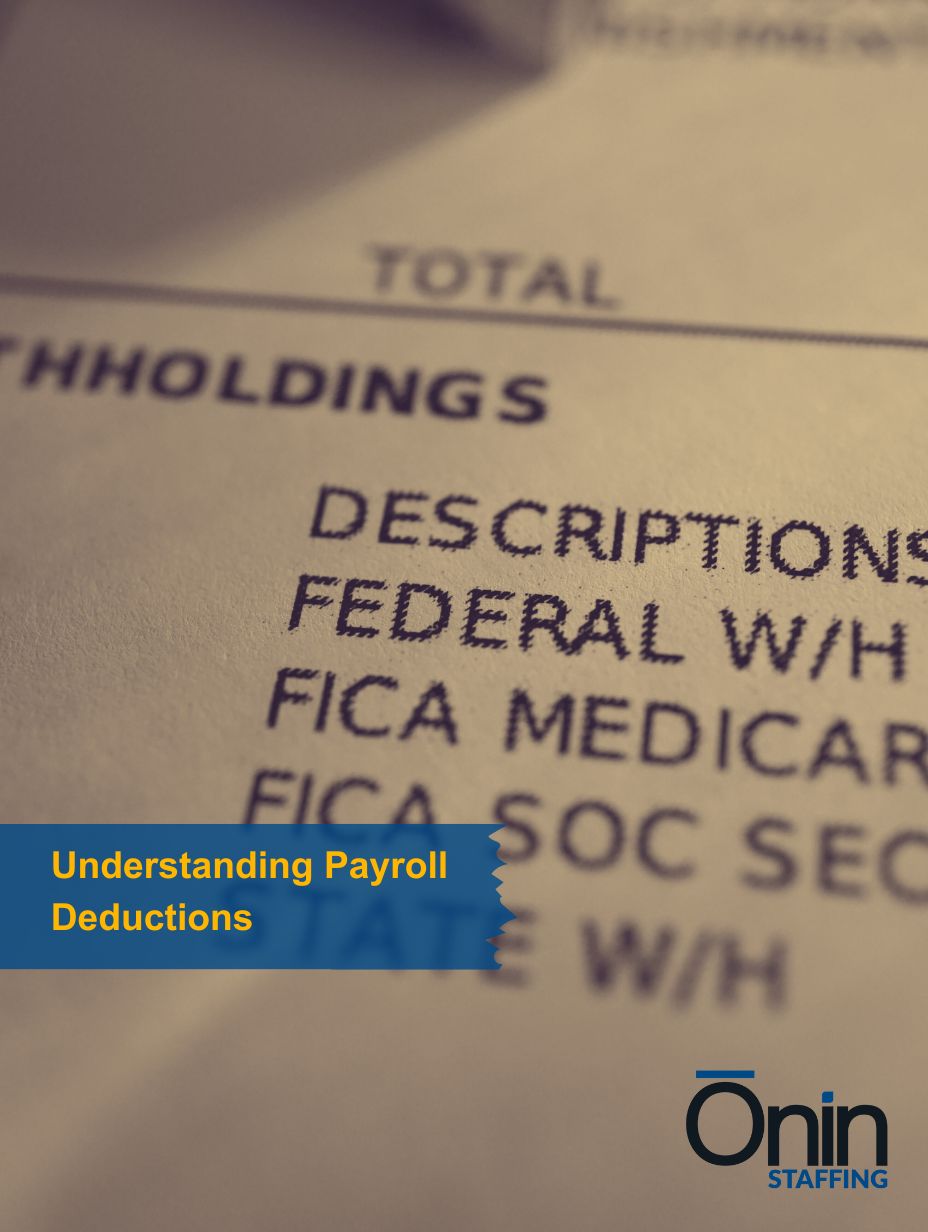Every payday, you receive your paycheck but do you really understand what all those numbers mean? Here’s a breakdown of the common deductions and components of a paycheck to help you better understand your earnings and where your money is going.
Understanding Your Paycheck: A Breakdown
-
Gross Pay:
- Definition: This is your total earnings before any deductions are made. It includes your hourly wages, salaries, overtime pay, bonuses, and commissions.
- Importance: Knowing your gross pay is essential for understanding if you’re being paid correctly for your work.
-
Federal and State Taxes:
- Federal Income Tax: This is the amount withheld by the federal government, based on your earnings and the information you provide on your W-4 form.
- State Income Tax: Similar to federal taxes, but it goes to your state government. Not all states have this tax.
-
Social Security and Medicare (FICA):
- Social Security: This deduction is for Social Security, which provides benefits for retirees, the disabled, and children of deceased workers.
- Medicare: This part of FICA goes towards Medicare, providing health insurance for Americans aged 65 and older, and for some younger people with disabilities.
-
Health Insurance Premiums:
- Employer-Sponsored Health Insurance: If you opt for health insurance through your employer, a portion of the premium is usually deducted from your paycheck.
- Benefits: Understanding these deductions is crucial, as it directly impacts your net income and your healthcare benefits.
-
Retirement Plan Contributions:
- 401(k) or 403(b): If you contribute to a retirement savings plan through your employer, this amount is deducted from your paycheck before taxes, reducing your taxable income.
- Impact: These contributions can significantly affect your paycheck size but are essential for long-term financial planning.
-
Other Deductions:
- Union Dues: If you are part of a union, dues may be deducted.
- Garnishments: Legal deductions could be taken for child support or to pay off a debt.
- Voluntary Deductions: These include contributions to savings accounts, charitable donations, or other optional benefits.
Tips for Reading Your Pay Stub
- Review Regularly: Always check your pay stub to ensure the deductions are correct and that you understand each one.
- Annual Check-up: Review your W-4 form annually, especially if your personal or financial situation changes.
- Ask Questions: If something doesn’t make sense, ask your HR department for clarification. It’s important to be informed about your finances.
Utilizing Paycheck Tools
- Online Calculators: Use tools like ADP or Paycheck City to estimate your take-home pay and understand how different deductions affect you.
- Budgeting Apps: Integrating your paycheck data into apps like Mint or YNAB can help you manage your finances better based on your net income.
Understanding your paycheck is not just about knowing what you earn but also managing your financial future effectively. By familiarizing yourself with these components, you can take proactive steps to ensure your financial stability and make informed decisions about benefits and deductions.


Recent Comments